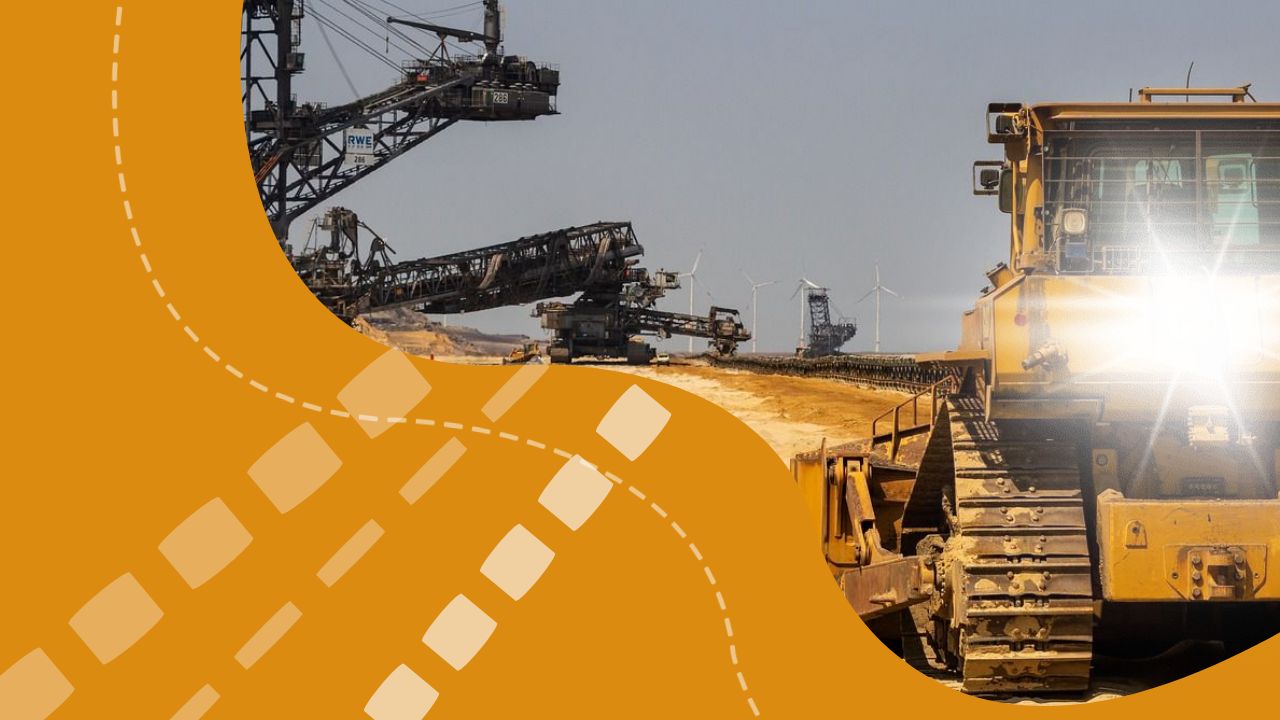Global energy company Neptune Energy has confirmed that Germany possesses one of the world’s largest lithium resource bases, amounting to an estimated 43 million tons of lithium carbonate equivalent (LCE). The resource is located in the Altmark region of Saxony-Anhalt, an area with a 55-year legacy of natural gas production.
The confirmation follows an independent assessment by valuation agency Sproule ERCE, conducted under CIM/NI 43-101 standards. Neptune Energy CEO Andreas Scheck said the new assessment underscores the importance of Saxony-Anhalt in contributing to European supply chains for critical raw materials.
“This enables us to contribute significantly to the German and European supply market for the critical raw material lithium,” Scheck noted.
The Altmark basin, once one of Europe’s largest natural gas fields, is now emerging as a major lithium resource hub. Studies show that its Rotliegend brines are not only strongly mineralized but also highly enriched in lithium, making the area one of the largest project-based lithium resources worldwide. For comparison, South America’s Lithium Triangle holds around 50 million tons of resources.
Shifting away from fossil fuels, Neptune is deploying direct lithium extraction (DLE) technology, which uses ion-exchange and adsorption methods to recover lithium from underground brines. Unlike open-pit mining or evaporation ponds, DLE reduces land use and environmental impact.
In August 2025, Neptune completed its second pilot project with partner Lilac, successfully producing battery-grade lithium carbonate. A third pilot, focused on adsorption-based extraction, is currently underway. Pending permits, the company plans to develop a demonstration-scale plant as the next step toward commercial production.
Neptune Energy currently holds the Jeetze-L production license and three exploration licenses in the Altmark region, including Milde A-L and Milde C-L (granted in 2024) and Milde B-L (granted in 2025).

